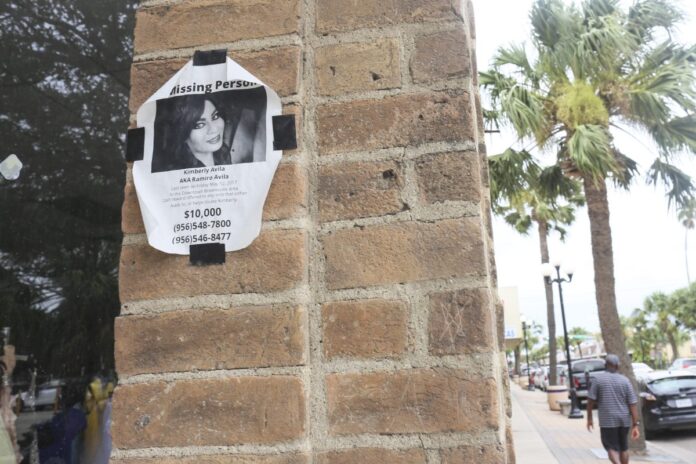This week marked the third anniversary of the day transgender woman Kimberly Avila disappeared from Brownsville’s downtown. Her family continues to fight for information on her whereabouts despite limited communication with law enforcement and a response they’ve said felt inadequate.
Now, members of the Rio Grande Valley’s trans and gender non-conforming community have decided to honor Kimberly’s courageous and bright personality by founding a safe house in her name. GENtex is an RGV-based nonprofit organization that advocates for the needs of trans women, men, and gender non-conforming individuals who are severely underserved in South Texas’s rural communities.
According to board president Jada Josette, the coalition’s organizers consist of two trans women, two trans men, and one non-binary individual who work to provide support services, education, and resources for the local trans and LGBTQ+ community, as these individuals are also some of the most vulnerable. “The mentality in the Valley is very closed-minded, very misogynistic. The trans misogyny is bad. I deal with it on a daily basis,” she said.
“The home is for people to stay, whether it is short-term or long-term, but we also want to provide them working skills, social skills — things to better prepare them when they’re ready to go forward and be out in society again. And of course, the name comes from Kimberly Avila. In my opinion, the Brownsville Police Department slacked off. Had she been a sic, white female, it would have been a speedier response than what we have right now.”
The Brownsville Police Department maintains they continue to search for Avila.
Casa Kimberly is a project that has been years in the making. The house will provide housing and additional support services to members of the transgender community who don’t feel safe at home or on the street. “Trans people in rural areas such as the Rio Grande Valley often face significant barriers to accessing employment and stable housing due to transphobia and a lack of familial support and acceptance,” wrote the Valley Aids Council (VAC) in a press release about the project.
“Trans people in our area are disproportionately impacted by employment discrimination, experiencing homelessness, and challenges with accessing existing resources — which can often be hostile and non-affirming. Casa Kimberly will provide members of our community in need with safe and affirming short-term housing, employment training and assistance, and connection to other needed resources to empower them in improving their lives.”
Asked why she chose to commit to advocacy work, Josette shared her own encounter with gender-based violence eight years ago. “I was victimized by four individuals with iron bars that I think were maybe crowbars. When I was in that moment experiencing that hate crime — I was walking to the store — I told myself, ‘I can’t succumb to this.’”
“Once you’re on the ground, there’s no coming up. I defended myself from those blows and I decided that if I got through this, then I would use my life to show people that we have to do something more productive. I thought, ‘My life cannot just end like this. I will be more in the forefront and I will provide services’ — things that we need here direly, desperately in the Valley.”
Josette started a GoFundMe campaign with a goal of raising $5,000 to get the project up and running. She says staff is looking at properties in the McAllen area, or elsewhere in Hidalgo County, where most of the group is based. Casa Kimberly would be a new service in the Valley, though it exists in the tradition of safe house networks for trans individuals across the country.
Josette added that GENtex will not be opening the home until the board is certain they can provide services safely to the community. COVID-19 has pushed the plan back, but advocacy work continues. “We’re getting our funding together; we’re also doing grant writing. But, we can’t open until it’s safe for our community. That is our main priority.”





